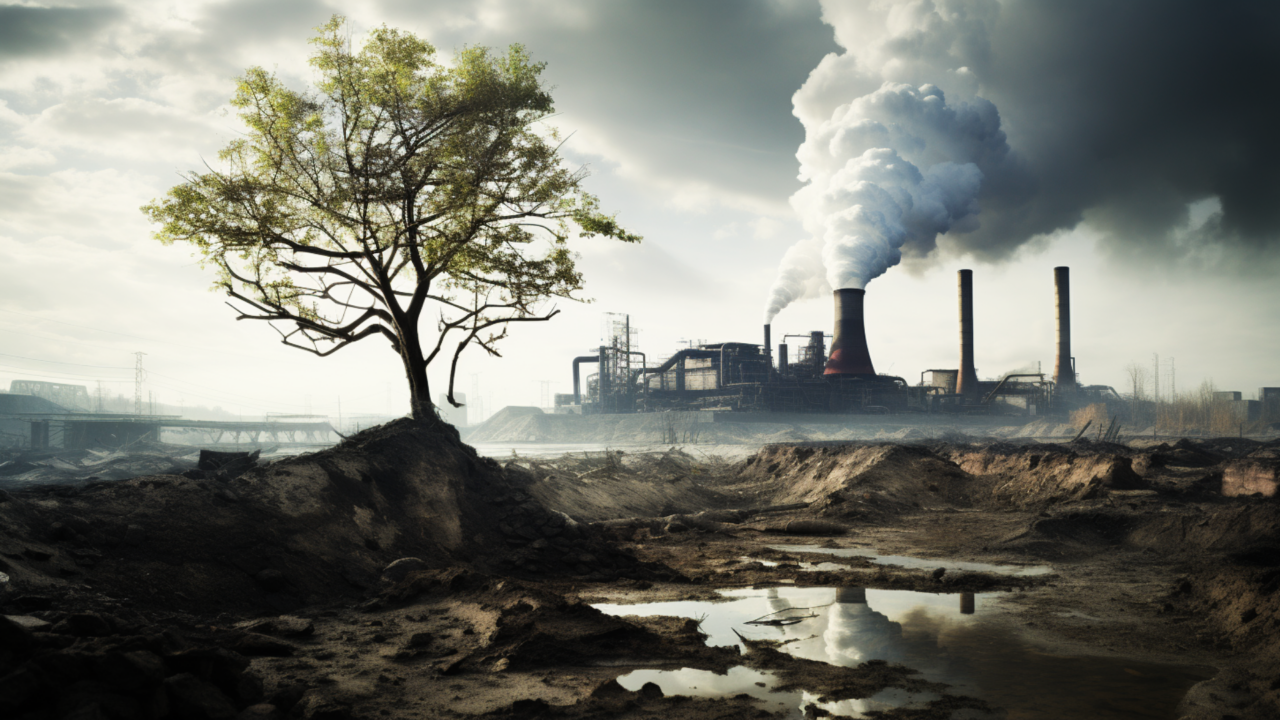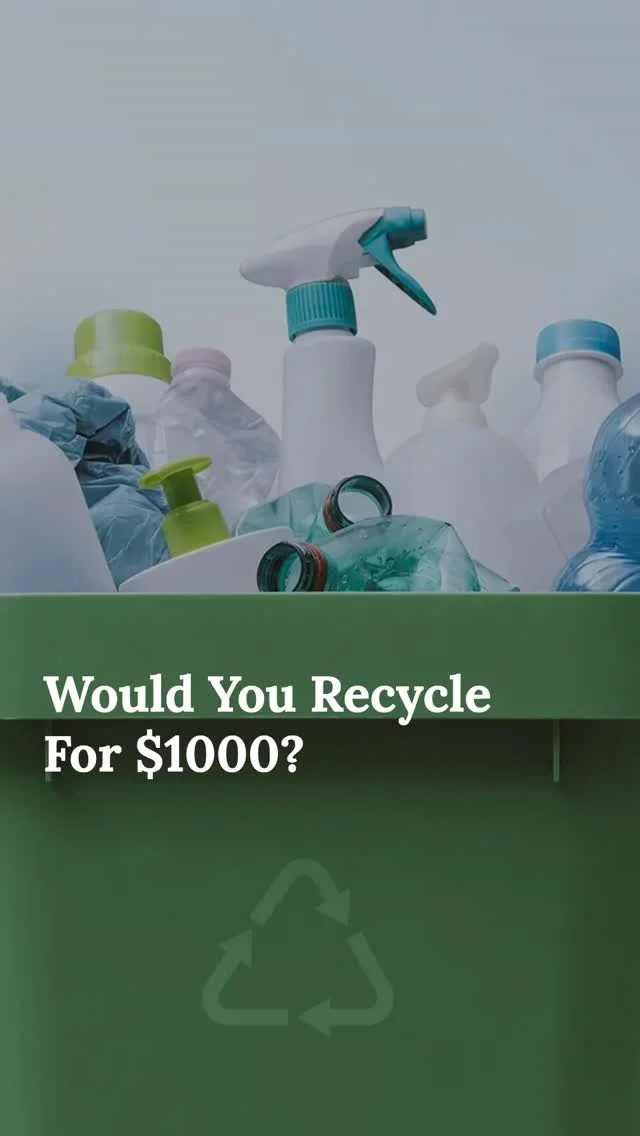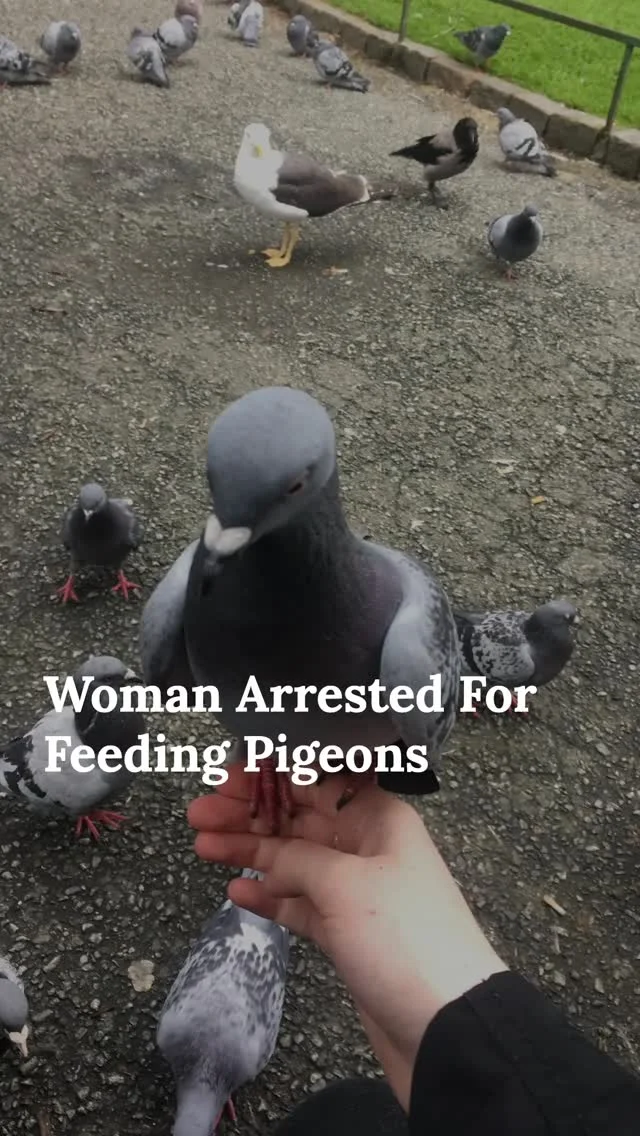Wattpad scraps ‘Paid Stories’ for better balanced freemium model
The community storytelling platform has decided to scrap its paywall feature in favour of a new freemium model. ‘Wattpad Originals’ aims to strike a better balance for authors in terms of monetisation and growing their readership through non-paying users. If this is the first you’re hearing of Wattpad, you’re welcome. The...
Current in Companies
Exclusive – Meet documentary makers Common Table Creative
As the future of the world balances on a knife edge, these impact documentary filmmakers have started a conversation about how the one thing we share could be the one thing that saves us. If each generation has its cross to bear, then climate change is surely ours. Gen...
Research says tobacco companies hooked the US onto junk food
Research carried out by the University of Kansas has revealed that tobacco companies were a key influence in the commercial explosion of junk food between 1988 and 2001. Responsible for roughly eight million cigarette-related deaths a year, and the recent mainstream pivot to the abomination that is the single-use vape,...
Mercy Corps and partners are transforming the lives of young girls
In the arid and semi-arid landscapes of Northern Kenya, where challenges like drought, poverty, and limited access to education disproportionately affect young girls, Mercy Corps and partners has taken a bold step towards transforming lives through its Girls Improving Resilience through Livelihoods (GIRL) program. I recently visited Northern Kenya, a...
The G20 poured $1trn into fossil fuel subsidies last year
After failing to reach a consensus on phasing down fossil fuels last month, it has since been revealed that the G20 poured $1trn into fossil fuel subsidies in 2022. It’s all starting to make sense. Last month, a crunch G20 meeting took place in India in which the world’s wealthiest nations...
EU to crack down on advertisers making false green claims
To protect increasingly climate-conscious consumers from being misled, the proposed directive will ban generic statements including ‘eco,’ ‘environmentally-friendly,’ ‘carbon neutral,’ and ‘natural’ from being made without evidence. More than ever, we’re seeing brands claiming to be sustainability-orientated in an effort to attract climate-conscious consumers. So much so, in fact, that words...
FIFA 23 update includes Moroccan player wearing her hijab
During this year’s FIFA Women’s World Cup, the 25-year-old Moroccan football player Nouhaila Benzina made history by becoming the first woman to wear a hijab while playing a World Cup match. Now, FIFA23 is honouring her. The Moroccan footballer Nouhaila Benzina has been an important figure in the movement for inclusivity and representation in sport, particularly for Muslim women. So it’s only right that she became the one to make history...
Refactory tackles the complicated issue of cosmetic packaging
A UK-based firm is focusing on giving a second life to the most difficult-to-recycle items we throw away every day. Packaging used for health and beauty products are extremely difficult to recycle, mainly because they are comprised of various different materials. This is a problem, considering we throw away around 100 billion of these items each year, but the companies who produce them are also guilty of discarding entire pallets...
MIT engineers develop new energy-storing concrete
Engineers at MIT have developed a potentially revolutionary type of concrete able to store energy. Here’s how this could become an affordable boon for the inevitable renewable revolution. Imagine a future where the solar panels on our roofs generate energy which is then stored in the walls and foundations of our homes. It may sound far-fetched, but this is an increasingly realistic prospect thanks to a recent breakthrough at MIT....
NASA’s new nuclear rockets could cut Mars journey in half
Getting to Mars typically takes more than half a year, but that time could be shortened by NASA’s upcoming nuclear-powered rocket project. It’s been a big month for the physics lovers out there, with Oppenheimer making its debut in cinema and NASA announcing plans to test the launch of a nuclear rocket in space. On Wednesday, the team announced that it would be collaborating with the Defence Advanced Research Projects...














































